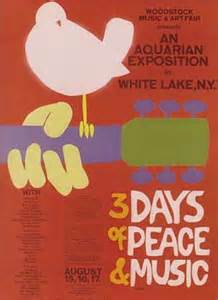In 1912, testing the ruggedness and protective features of a football helmet was a fairly straightforward process:
 |
| 1912 product safety test |
Find someone who knew how to simulate diving through the defensive line, strap the helmet on him and do the test.
 |
| William "Pudge" Heffelfinger |
Football already was starting to hit the big time in 1912. You might say that professional football got started on November 12, 1892, when the Allegheny Athletic Association paid William “Pudge” Heffelfinger $500 under the table to help the AAA team beat the Pittsburgh Athletic Club, 4-0 (touchdowns were worth 4 points at that time). Nobody worried too much about head or brain injuries back then.
The thing that bothers me most about the safety test picture is that the three safety consultants appear to be enjoying themselves a bit overmuch. Of course, they didn’t have TV back then.
Natick
Historical Society summer update
Woodstock: that was a music thing, right?
Copyright © Richard Carl Subber 2015 All rights reserved.
Woodstock: that was a music thing, right?
Copyright © Richard Carl Subber 2015 All rights reserved.













